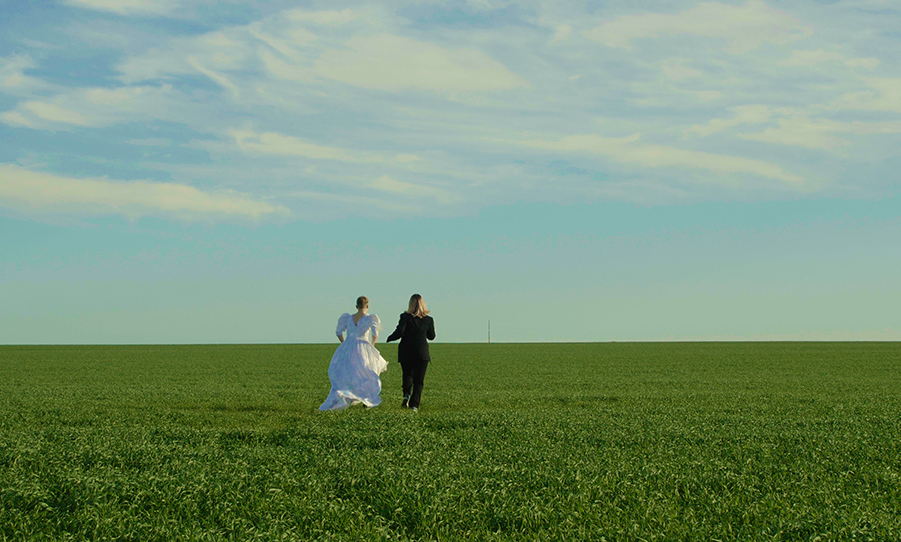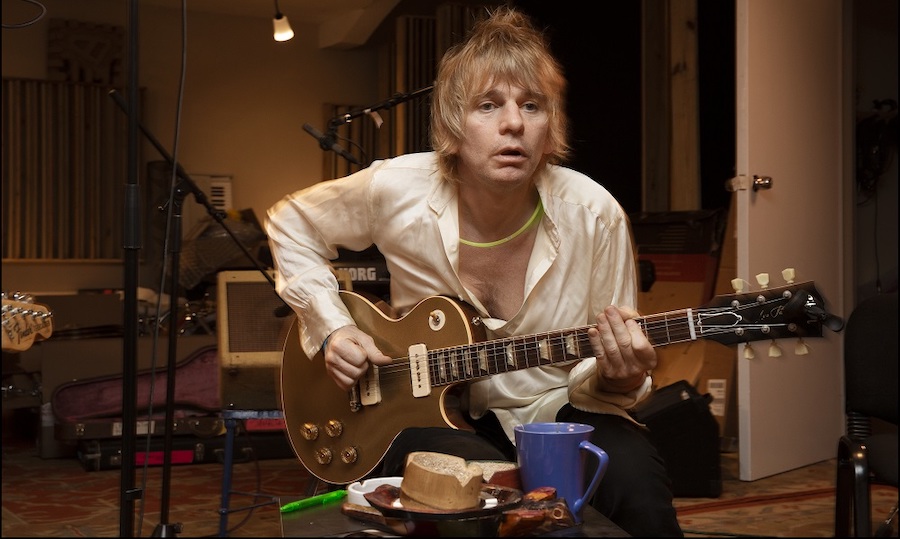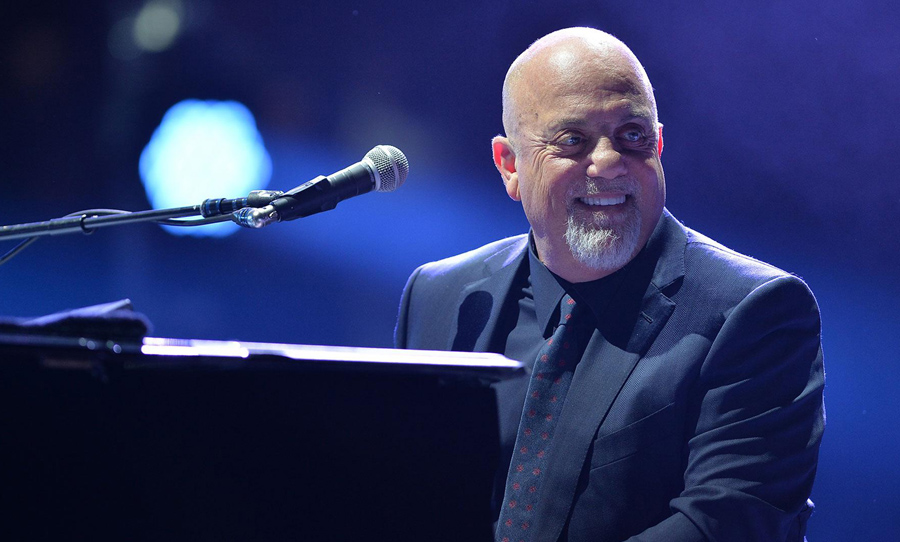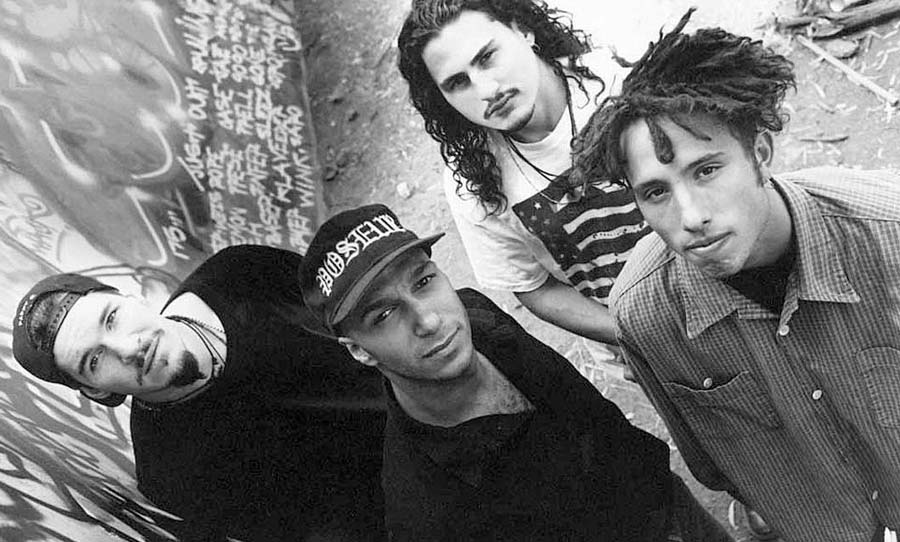The latest single from Flyball Gov’nor is an anthem that longs for change, burning in bright and powerful tones. The band has even penned an equally powerful essay to accompany.
Flyball Gov’nor have perfected the art of the political. Since their 2015 debut, the band have been crafting songs of change, disrupting the way our society operates and laying each of its flaws out for everyone to see. You just need to look to their latest single for proof.
The Future Is Cancelled is an anthem for anyone suspended in fear of the future. Bursting with acidic choruses and progressive jazz/rock stylings, the single is a catalyst for all anti-authoritarian ballads to follow it. Lucky for us, Flyball Gov’nor were kind enough to share an essay on the very subject, detailing the song and their intentions in writing it.

The Kids are Alright, an essay by Flyball Gov’nor
If I were a gambler, I’d say it was a pretty safe bet that not many people’s New Year’s resolutions came through this year. That’s the thing about the future, isn’t it? It never turns out exactly how you imagine it. You do imagine it though: the future doesn’t exist out there somewhere, in reality, it is a conception of a distant present we create in our minds.
The late Mark Fisher would have called all of these futurisms of the past (and our misfired resolutions for 2020) “lost futures.” Futures that were imagined but, for one reason or another, are not anymore. Fisher thought we stood to lose all futures as the present began to dominate our imaginations, deleting even the idea of a different sort of world. It was his view that we would be faced with an endless continuation of the present that we would merely trudge through as spectators, rather than active agents of history.
It is exactly that apathetic repetition of the present that constitutes a “future” that we sought to challenge in The Future is Cancelled. A musical melange of indie, funk, ambient, and doom riffs, The Future is Cancelled musically pushes back on this addiction to nostalgia so rampant in our listening landscapes and presents a dissertation meant to create some thought, even action, rather than wash over or comfort the listener. In every way it screams, “do not passively consume. Do not stand still.”
Playing with this as a visual medium, the video came together pretty easily, which is kind of ironic. Our rhythm guitarist Lucas works in the Wheatbelt, his work accommodation is this perfectly preserved 1950s farmhouse. That era was amazing at comforting itself with manufactured novelty, its purposeful modernity signalling the dismantling of the individual within the system. So, the house was the perfect mise-en-scène, we even had a storm lend a hand a couple of weeks before which provided that one destroyed room that we used to show what happens when something is left on repeat, without any new input. It’s entropy, it’s collapse, and we are all still stuck in it.
You can’t go anywhere in Western Australia without stumbling across a stunning location. There’s always that omnipotent threat of danger here, which was perfect for the next part of what we wanted to say in the imagery. Some of these places are so huge they make you feel like you should whisper, the vastness of them envelopes you so you feel like you are somewhere truly sacred. That’s the societal space we see our youth generation abandoned into, this huge realm of unending potential; without borders or constraints. The fading structures of the past are of no comfort to them in their pioneering struggle to reveal a new world.
Playing the part of this generation of adventurers are Theo Anastas and Lucy Roberts, who shine in their performances. Maintaining the generational trademark of an outwardly composed disposition whilst internally straining against the walls that contain them, both structural and societal in a constant fight to be free from the repetition of a failed future that no one asked for. The truth of this freedom has a darkness to it, as they are tumbled out to discover a world they must find their place in, without any real help from the previous iteration. They are alone and the world can do nothing to guide them.
It can seem very dark and negative, all this talk about lost futures and abandoned youth, but it’s really about hope, overcoming inertia, and braving change. Instead of approaching the future as if carving from the stone of the present, see it as a more complex and ever-changing process. Lean in and face the fear. If we break down the bullshit, if we strive for a more sophisticated complexity built for humans instead of structures, then together, we just might have a shot.
The kids are alright, we just gotta help them do their thing.



